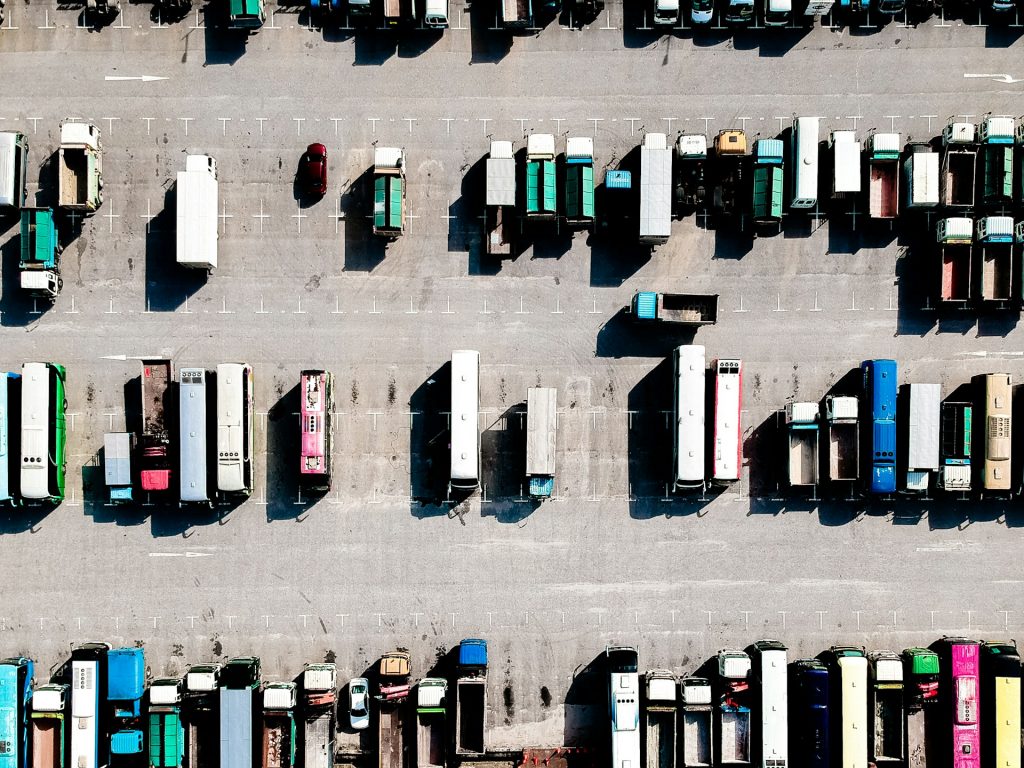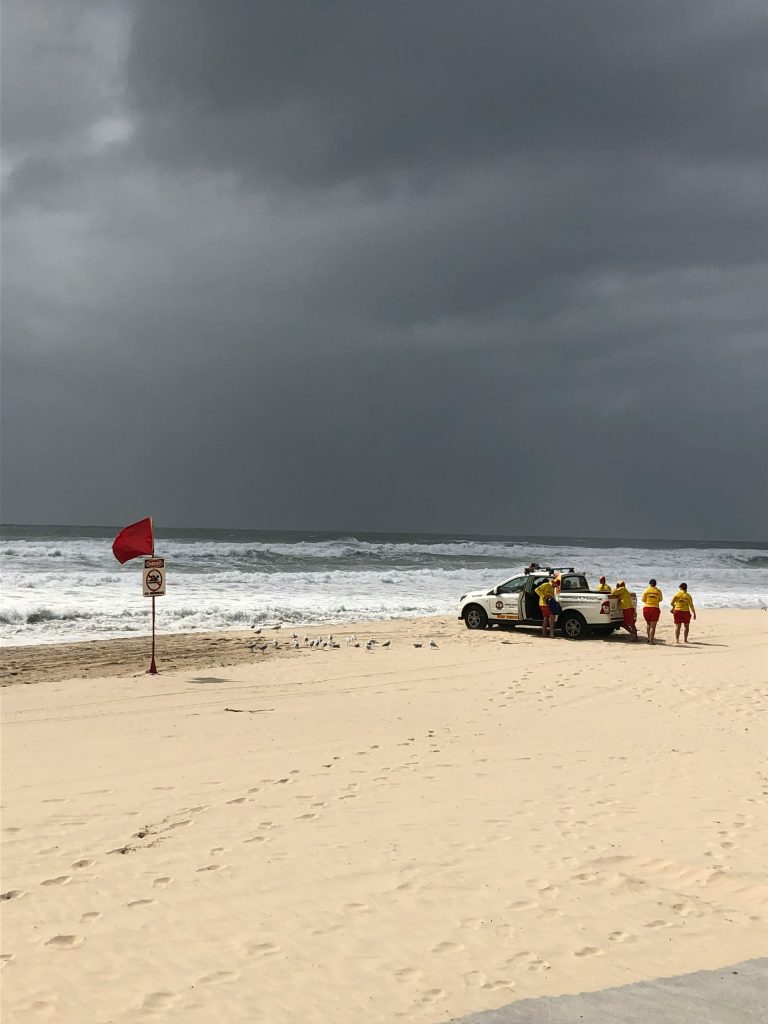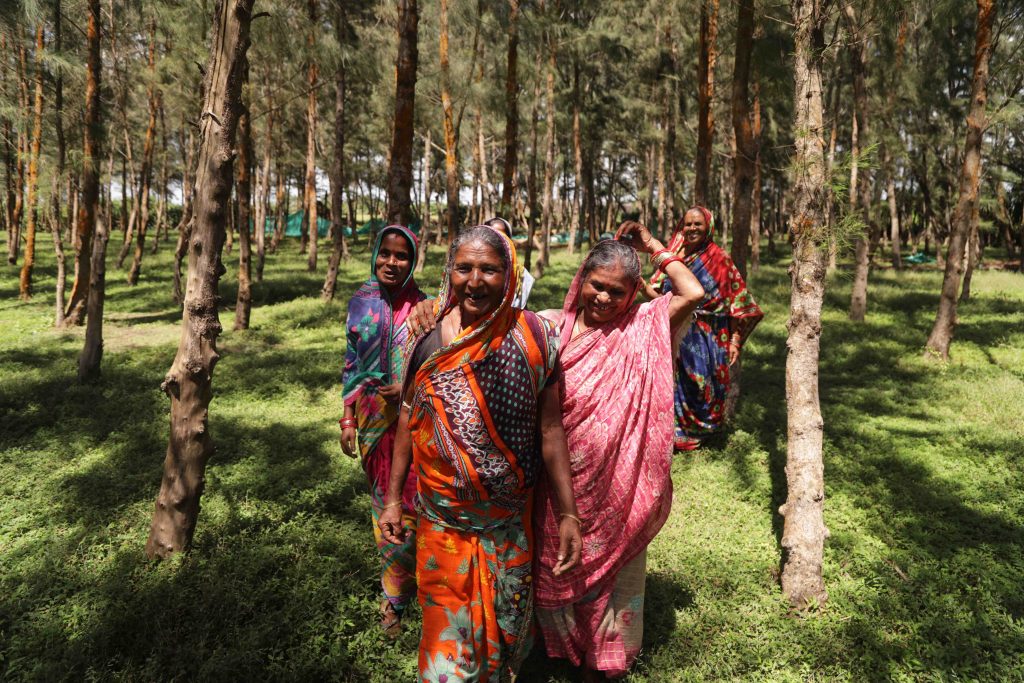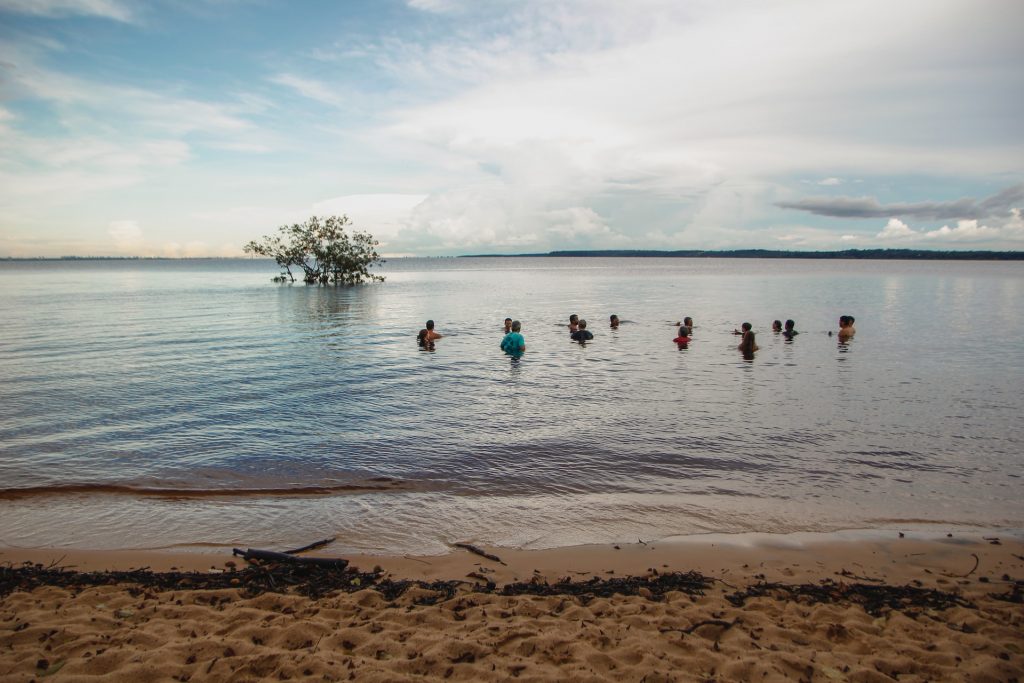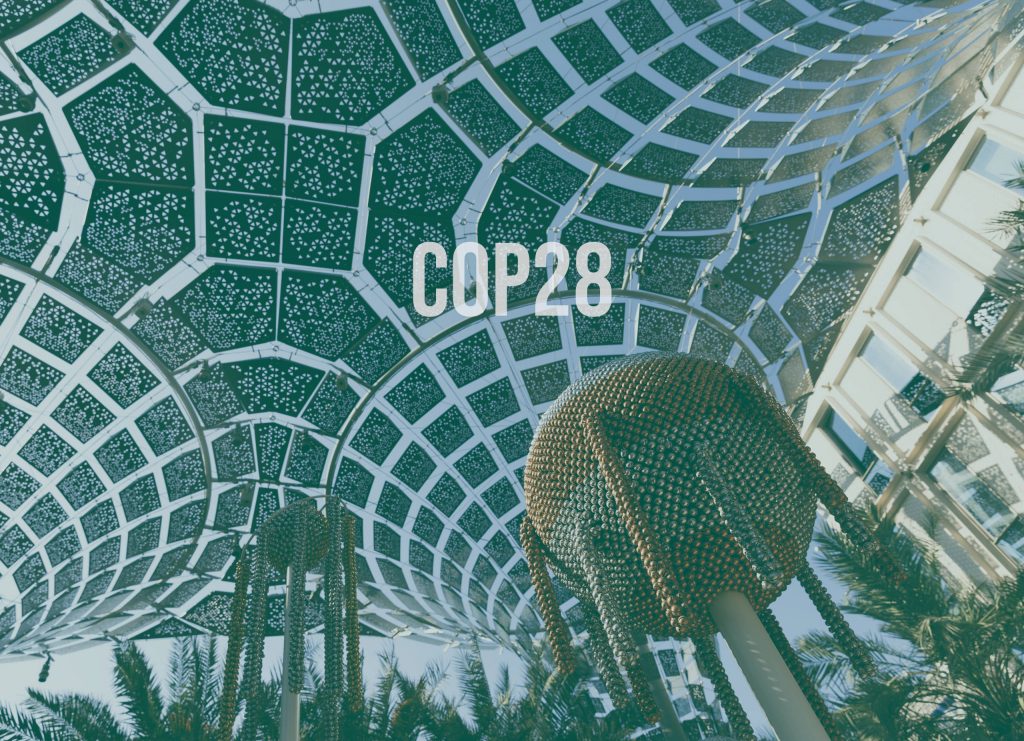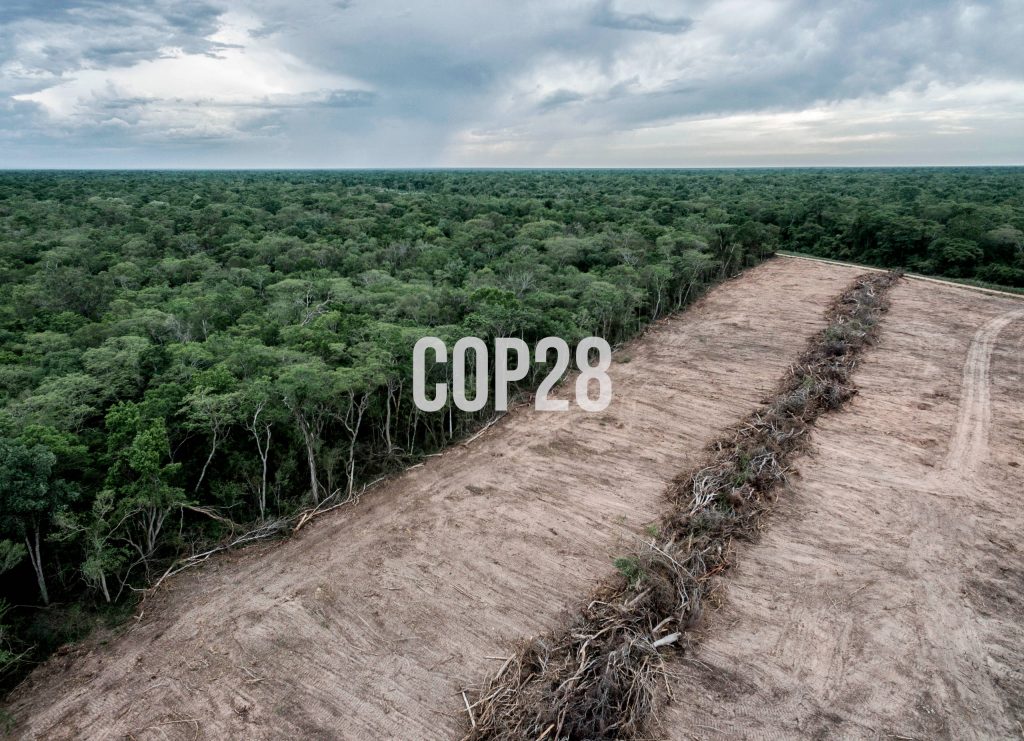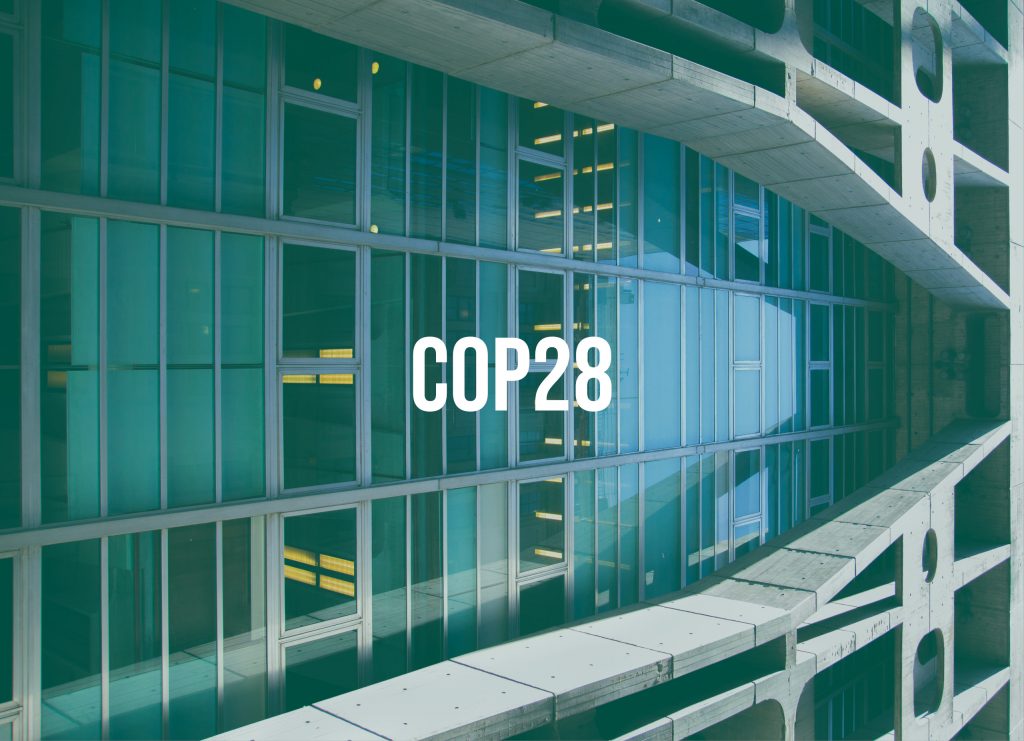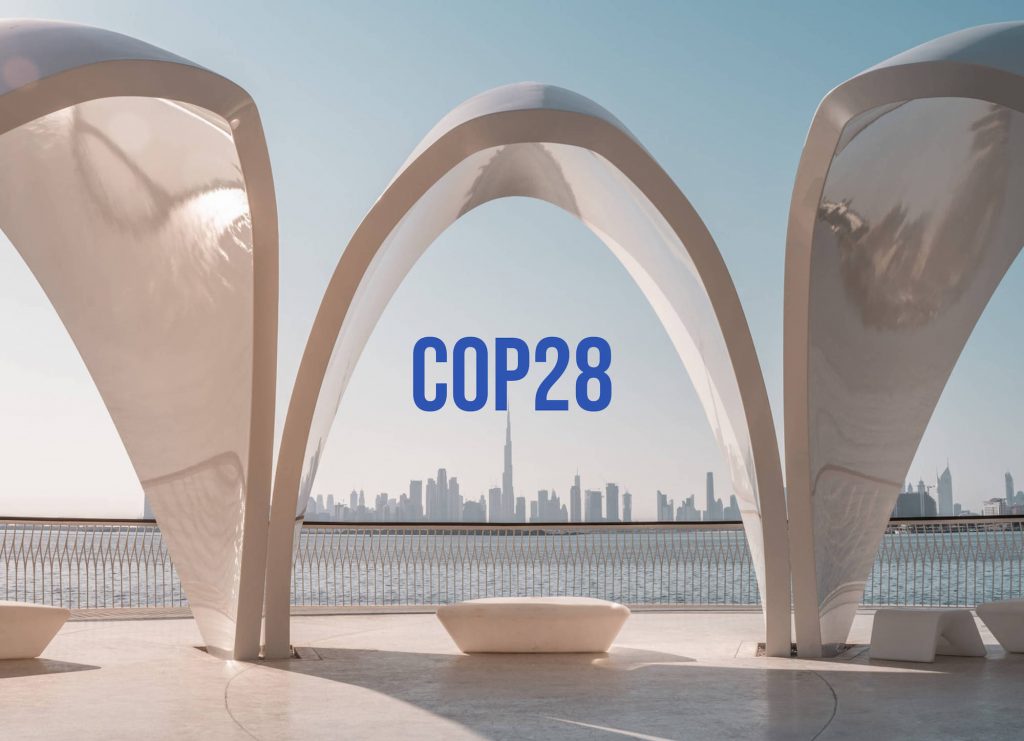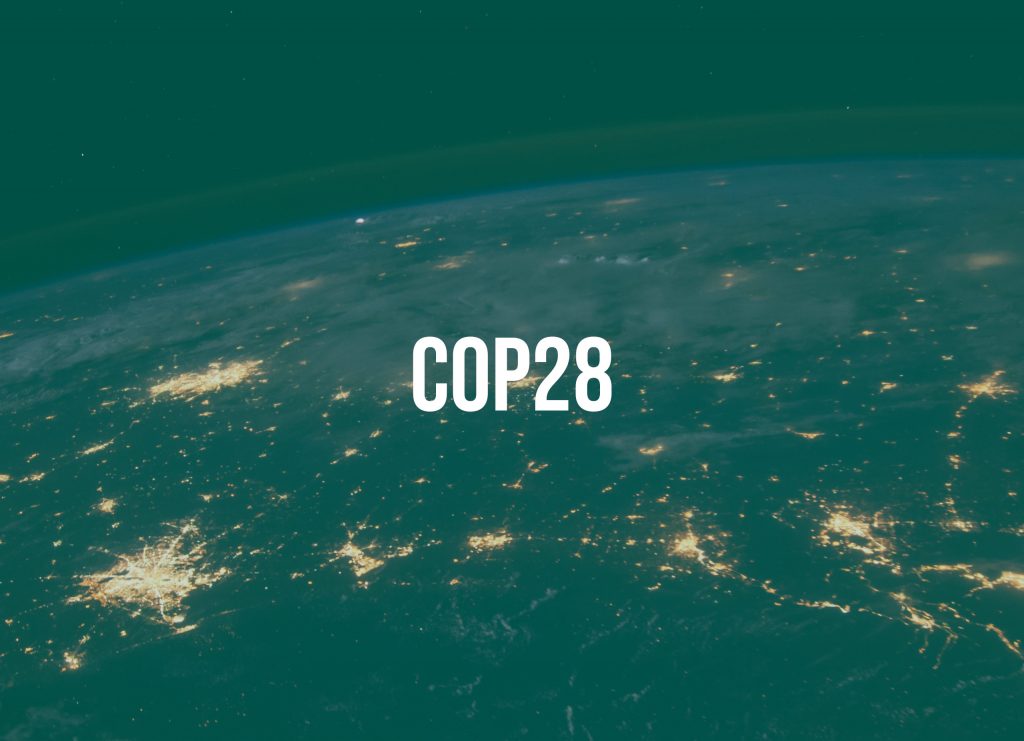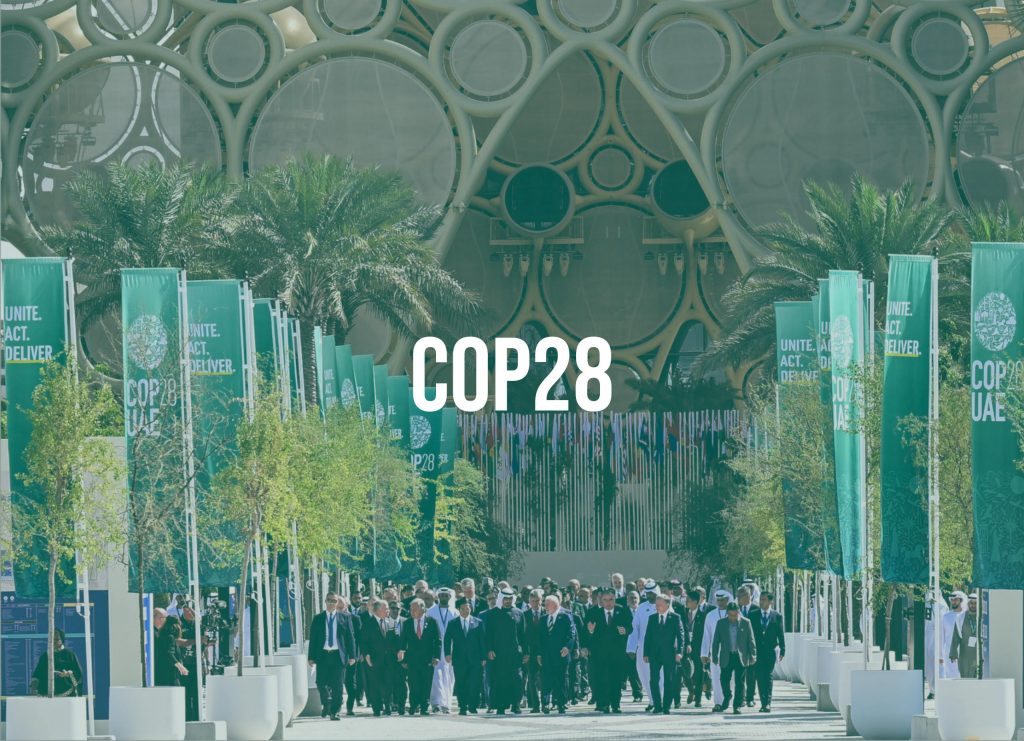
Beyond carbon price tags: Achieving climate justice in the EU
As climate policies evolve, so too must their approach to equity: a just and equal transition is “probably the only one that’s feasible”, explains Matthias Weitzel, researcher at the European Commission’s Joint Research Centre. Navigating the complexities of EU climate policies, such as the balance between regulatory standards and carbon pricing, is crucial to ensure fairness and equity across society.

